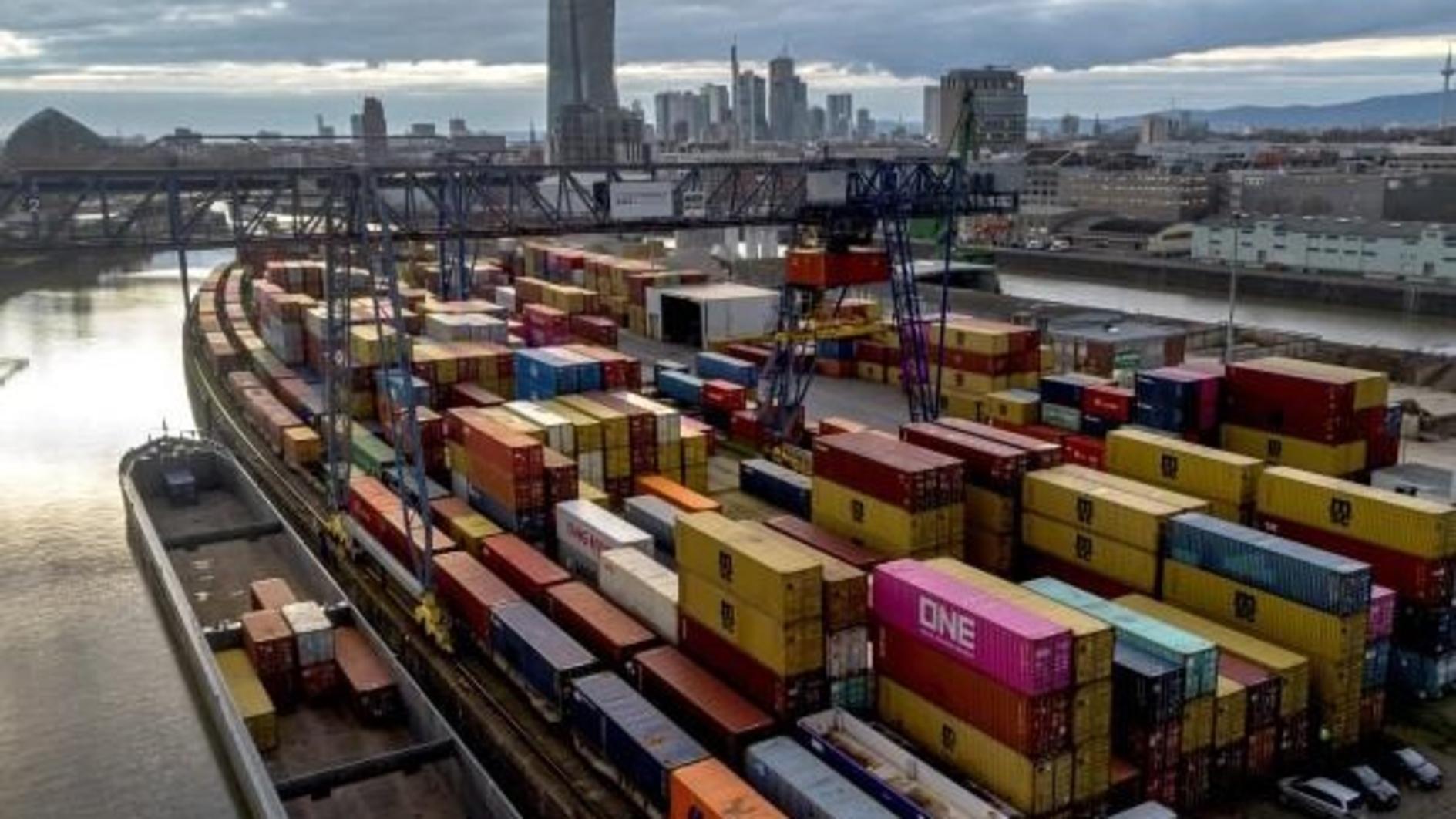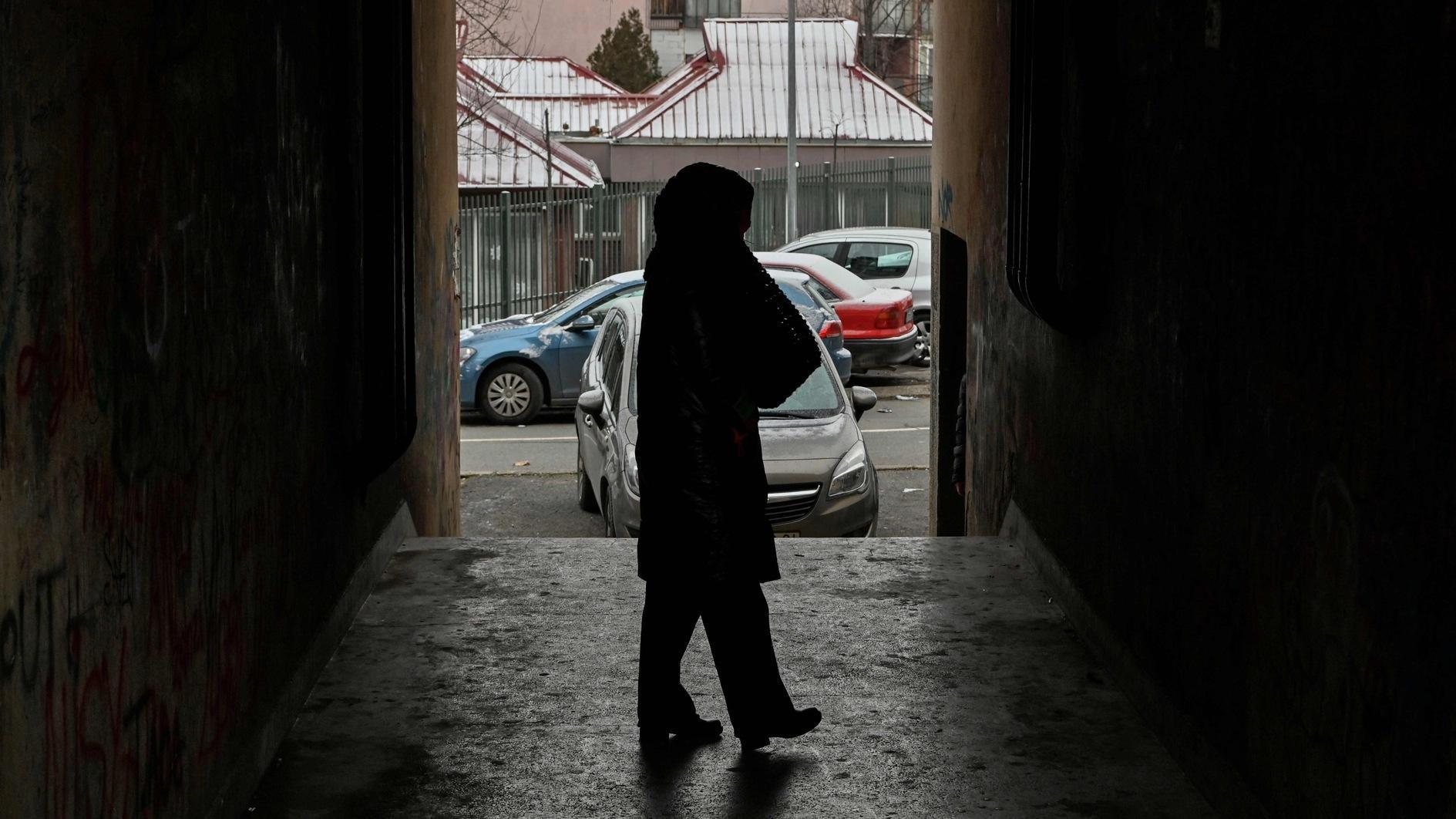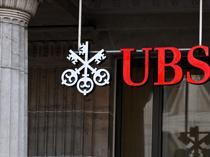Fed’s Evans says timing of rate hike will depend on inflation outlook
ISTANBUL - Reuters
The timing of any rise in U.S. interest rates will depend to a large extent on the outlook for inflation, which remains below target, meaning a hike may not come until next year or even 2016, Chicago Fed President Charles Evans said June 2.Speaking at a conference in Istanbul, Evans, one of the Fed’s most ardent doves, said inflation needed to get much closer to the U.S. Central Bank’s 2 percent target before a rate hike could be contemplated.
“Everybody is more comfortable and understanding the current economic conditions are such that (it is) appropriate for monetary policy to remain highly accommodative well into 2015 and you know it could even be 2016,” he said at Macro Workshop 2014 organized by the Turkish Central Bank.
Fed officials have been worried that inflation is running well below 2 percent. But there are signs it is starting to tick up. Prices rose 0.2 percent in April, pushing the year-on-year reading up to 1.6 percent - the largest gain since November 2012.
Evans said the Fed’s 2 percent inflation target should not be seen as a ceiling and could be higher.
He forecast U.S. economic growth of around 3 percent per quarter for the rest of this year - possibly a little higher in the current quarter - and said the inventory adjustments that hit first quarter growth would not be a negative factor.
The Fed was expected to complete the tapering of its stimulus plan by the end of this year, he said.
Fed policymakers began in April to lay groundwork for an eventual retreat from their extraordinarily easy monetary policy with a discussion of the tools they could employ to accomplish the task, but no final decisions were taken, according to minutes of the session released last month.
“The expectation is that tapering will be completed by the end of this year,” Evans told the conference.
Labour force participation had declined more than expected and an uptick in the U.S. unemployment rate would not be a surprise, he said, but added that this was already incorporated in the central bank’s outlook.
















